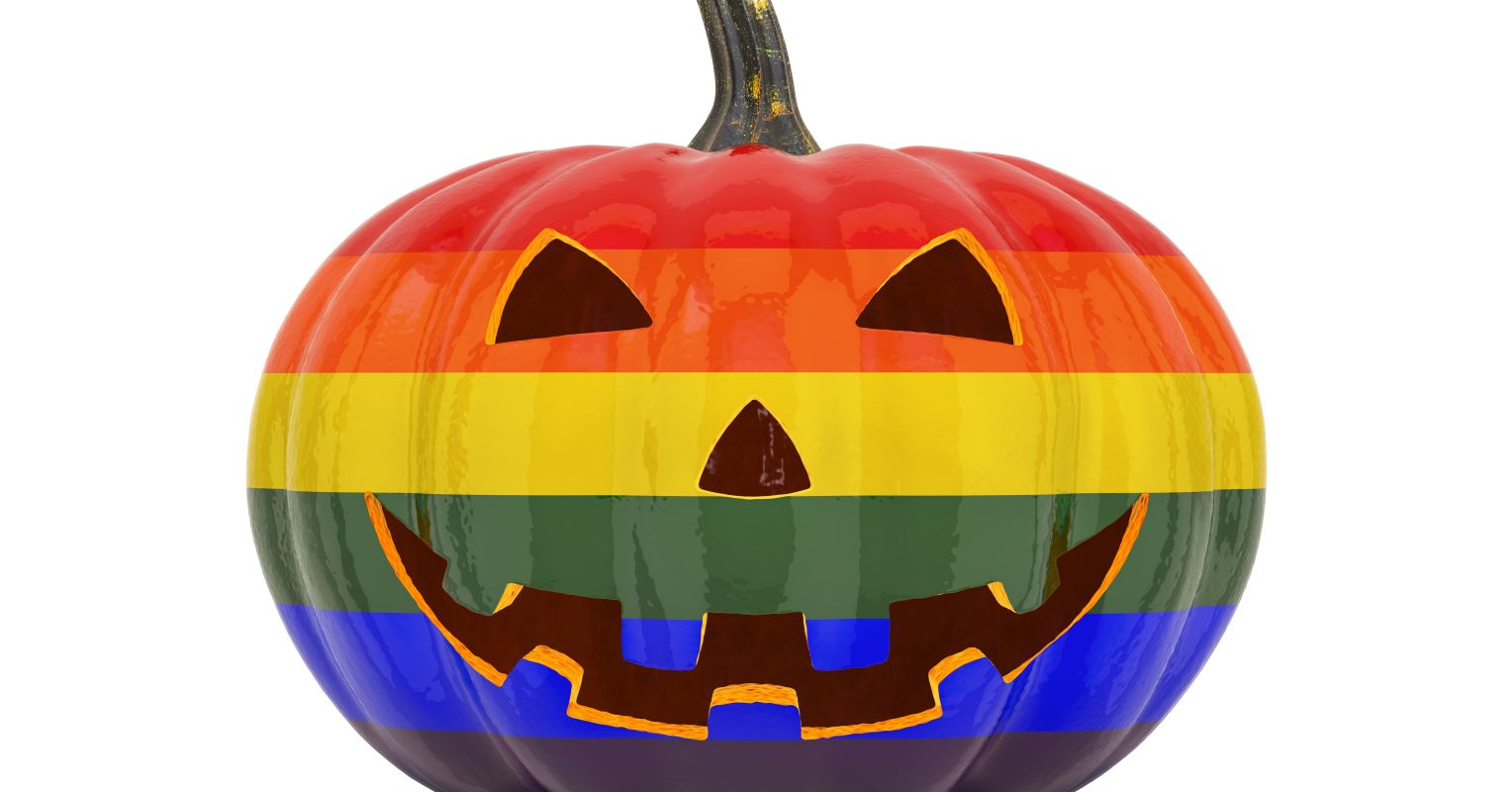
"You might have heard that Halloween is colloquially called "the gay Christmas" in the queer scene. Indeed, Halloween is a celebration that many queer people are fond of. In the last week of October, multiple Halloween-themed parties are organised, and it has become part of the queer culture. But why so? The History of Halloween Halloween, celebrated on October 31, has its origins in the Celtic pagan festival of Samhain, over 2,000 years ago, marking the end of the harvest season and the beginning of winter."
"The night of October 31 into November 1 was the transition into the Celtic New Year, representing the end of one cycle and the beginning of another. On that night, it was believed that the boundary between the physical and spirit worlds was thin, leading to traditions of honouring ancestors and the dead. Ancient celebrations often included lighting bonfires and performing divination rituals."
"When the Romans conquered Celtic territories, their festivals honouring the dead merged with Samhain traditions. Centuries later, as Christianity spread, the Church replaced pagan rituals with Christian ones. The Christians designated November 1 as All Saints' Day, or All Hallows' Day, making October 31 All Hallows' Eve, which eventually became Halloween. The Mexican cultural counterpart to Halloween, another well-known festival, is Día de los Muertos-Day of the Dead."
Halloween aligns with queer culture because themes of transformation, disguise, and boundary-crossing echo queer experiences of identity and visibility. The festival enables creative expression through costumes and parties, providing communal spaces that counter societal discrimination. Historically, Halloween originates in the Celtic Samhain, marking seasonal transition and times when the living and spirit worlds were thought to be close. Roman and later Christian adaptations transformed Samhain into All Hallows' Eve. Cultural parallels such as Día de los Muertos similarly honor ancestors and blend indigenous beliefs about life and death with communal remembrance.
Read at Psychology Today
Unable to calculate read time
Collection
[
|
...
]